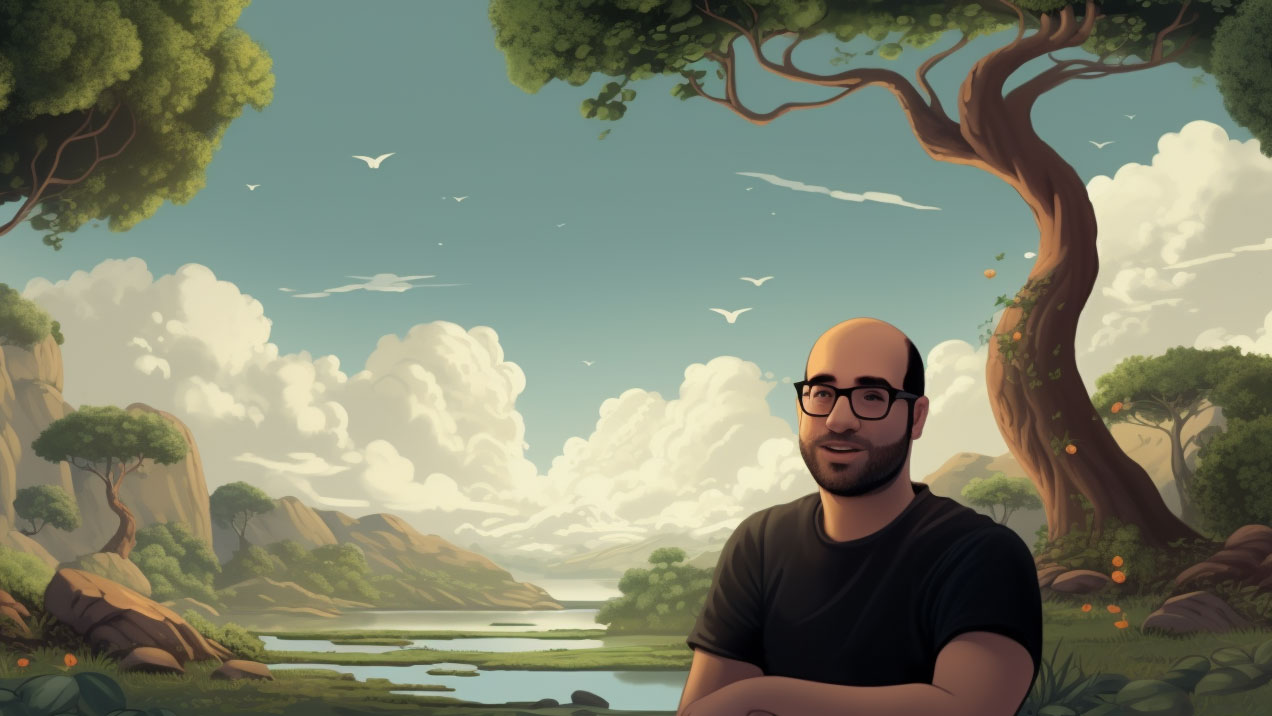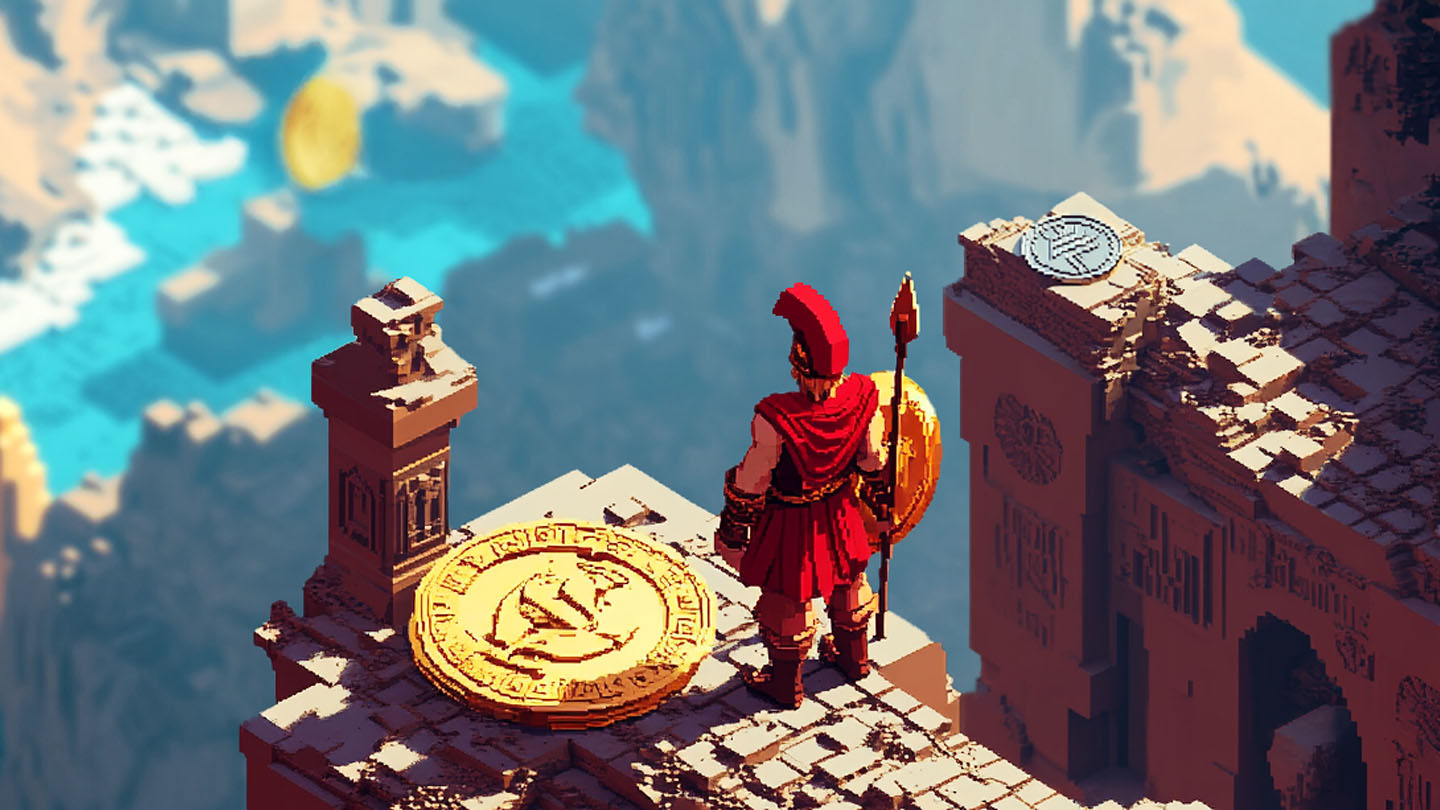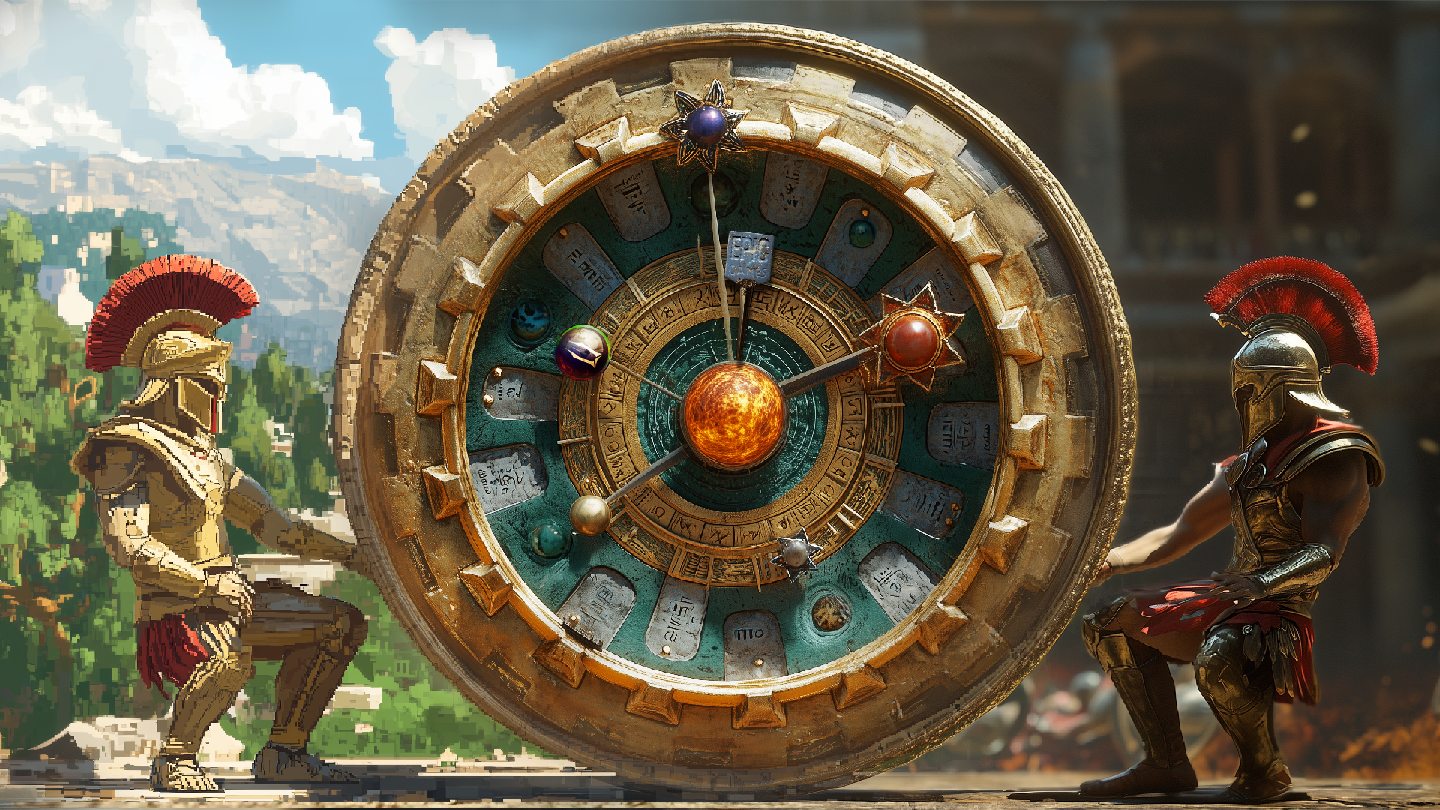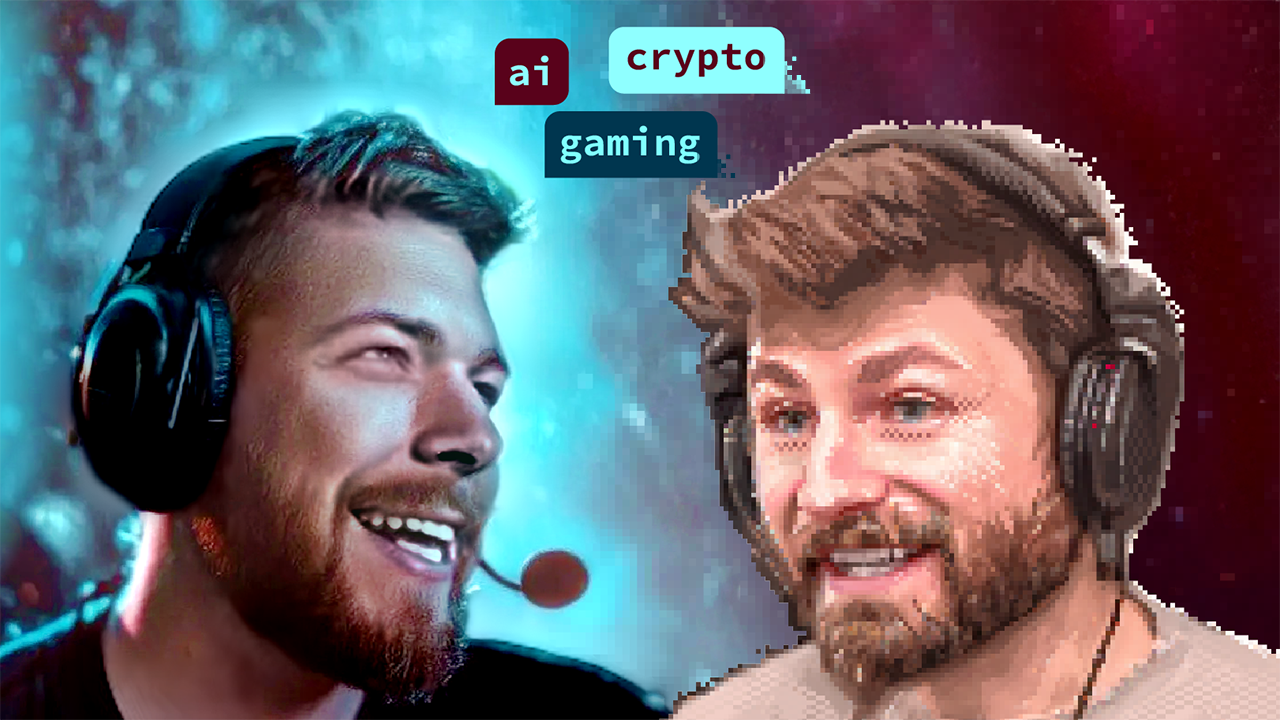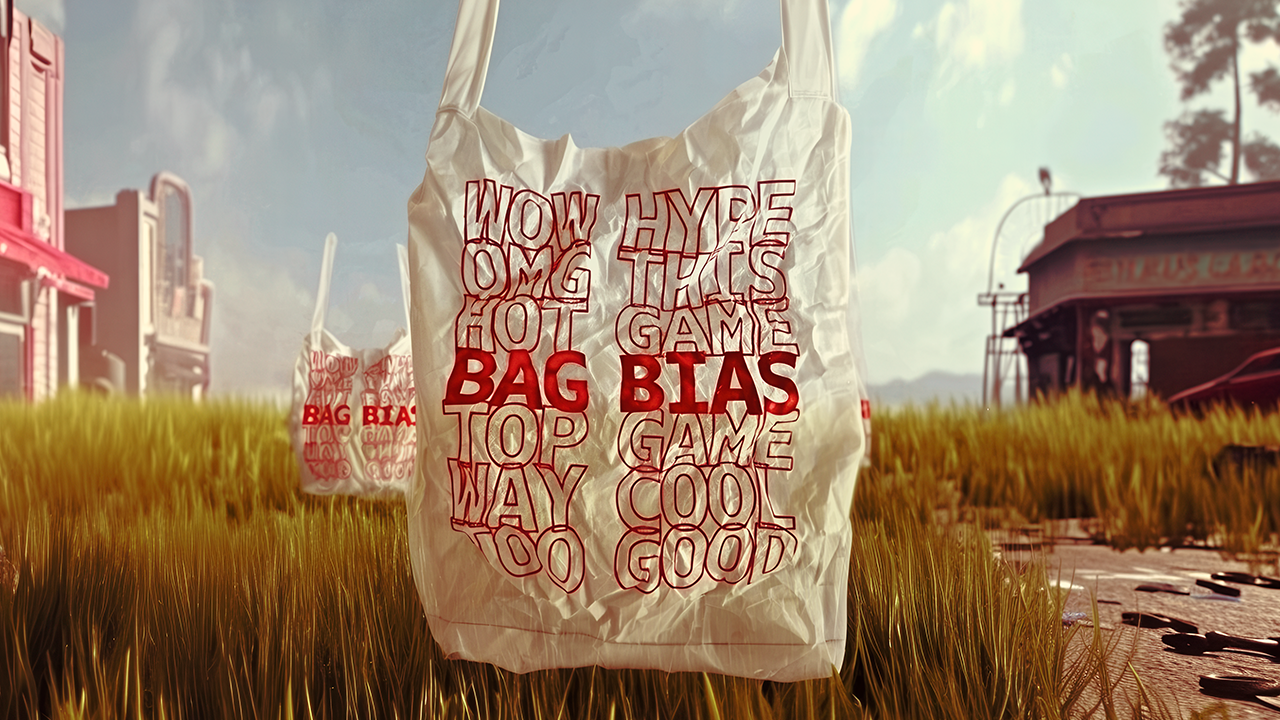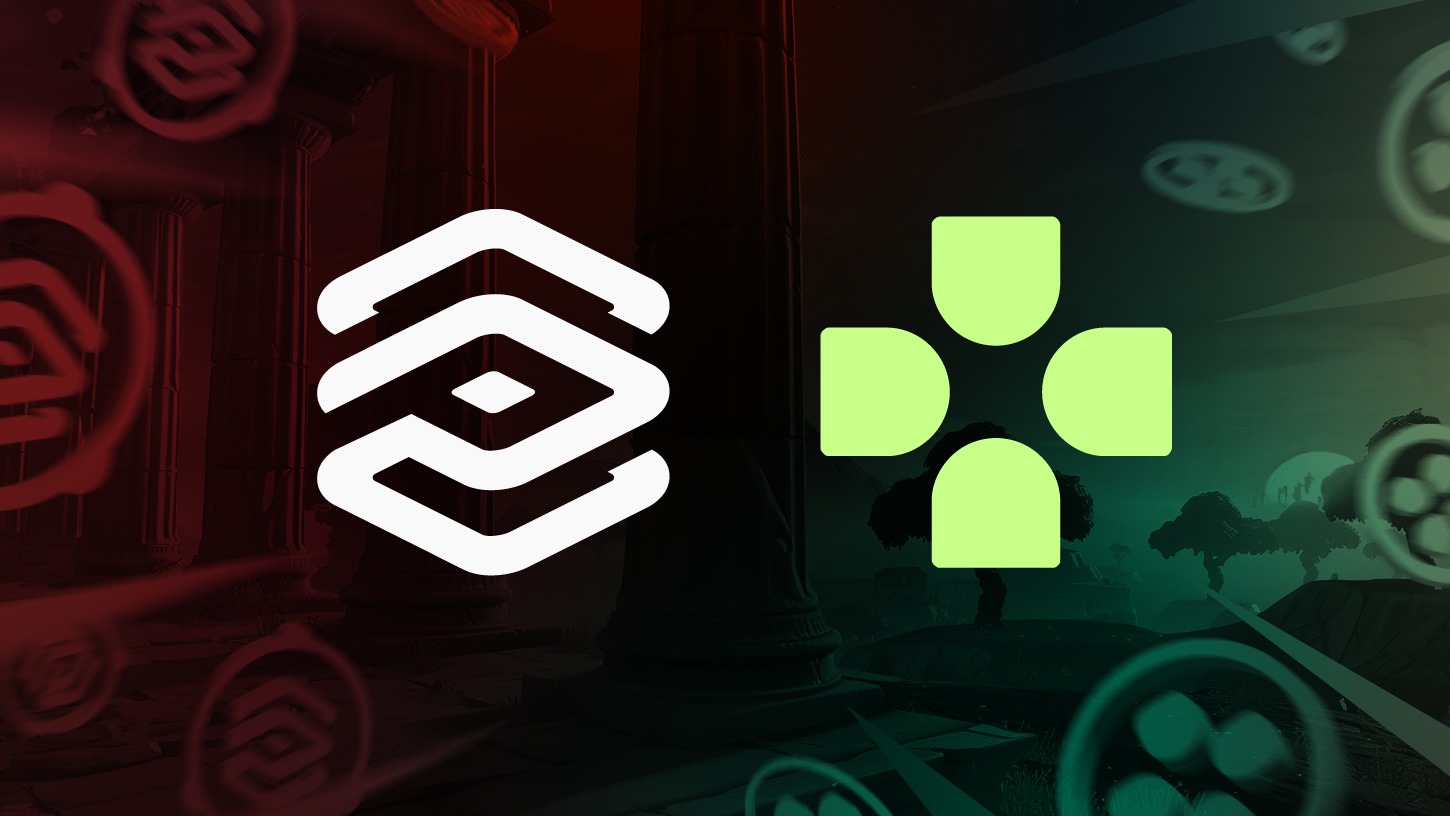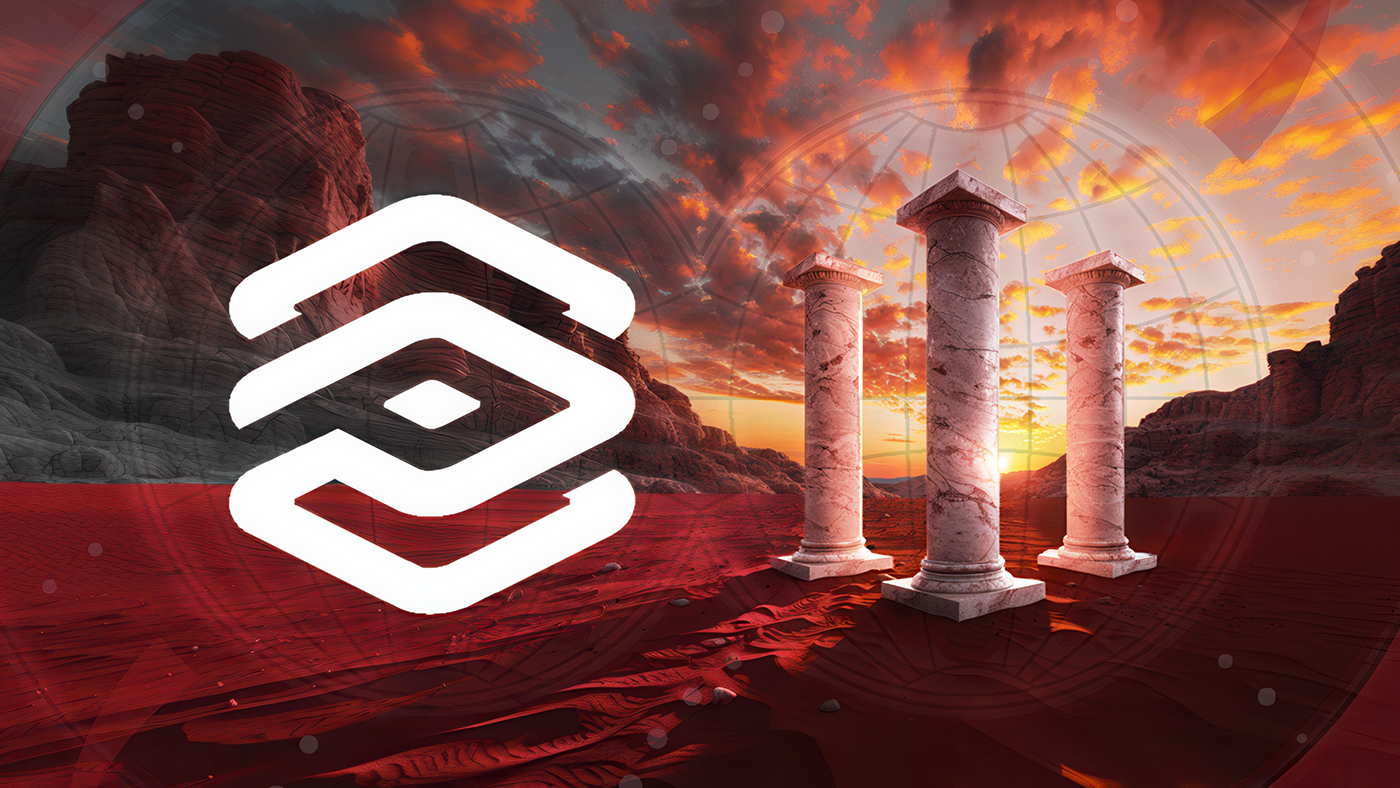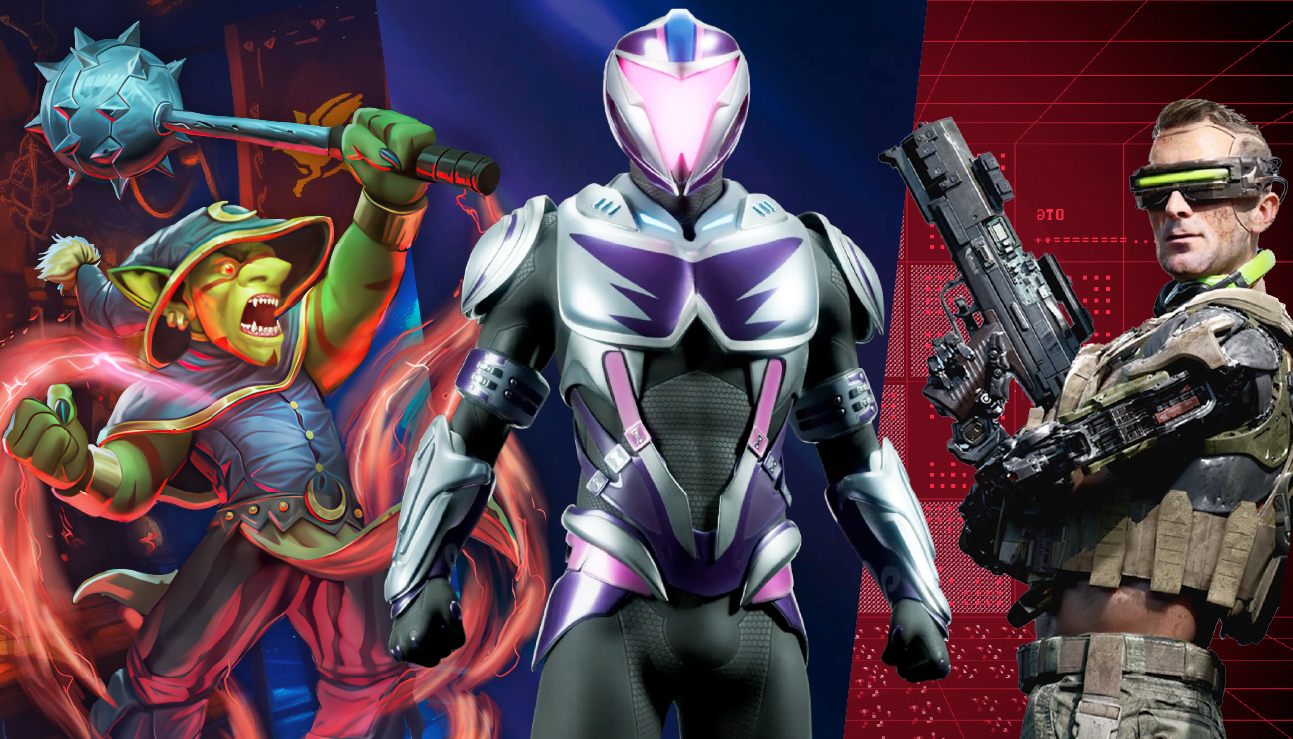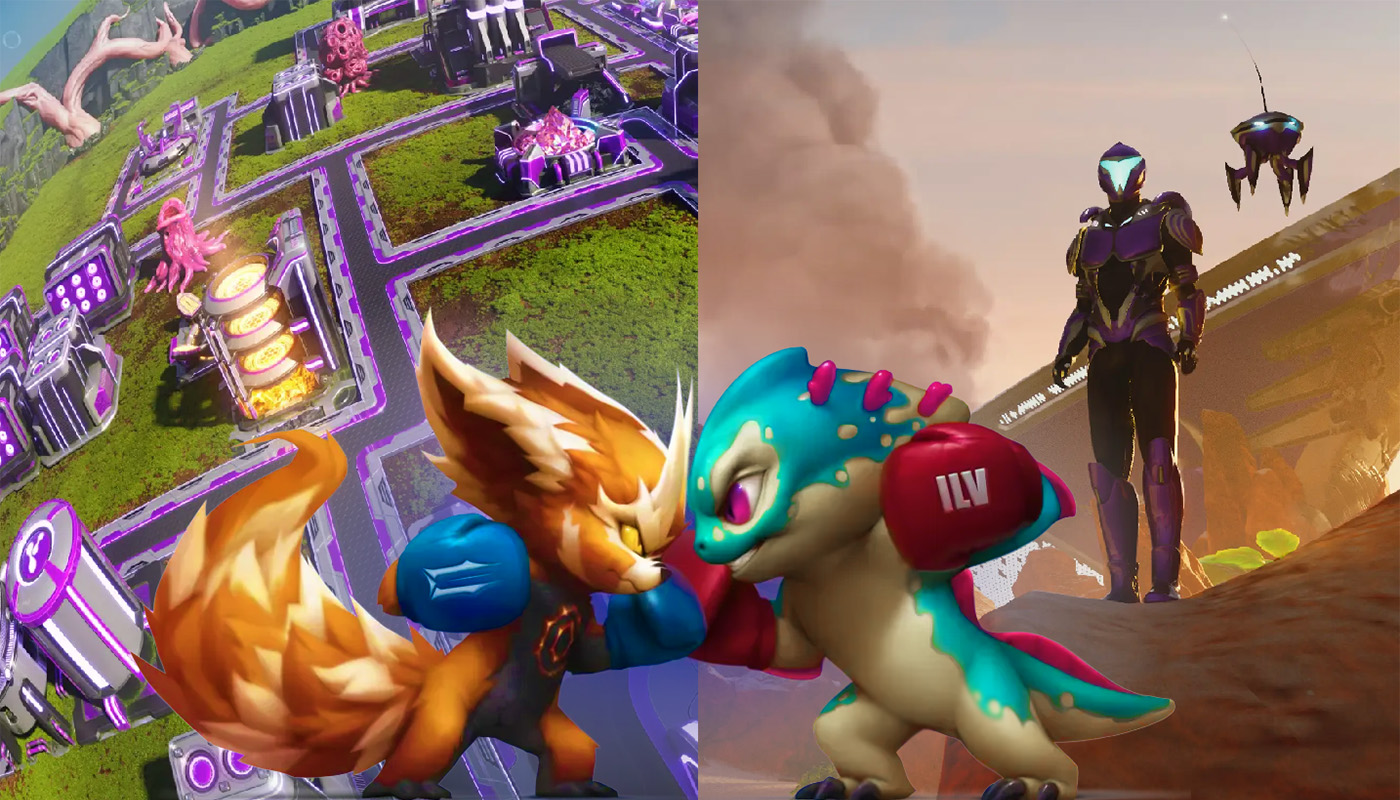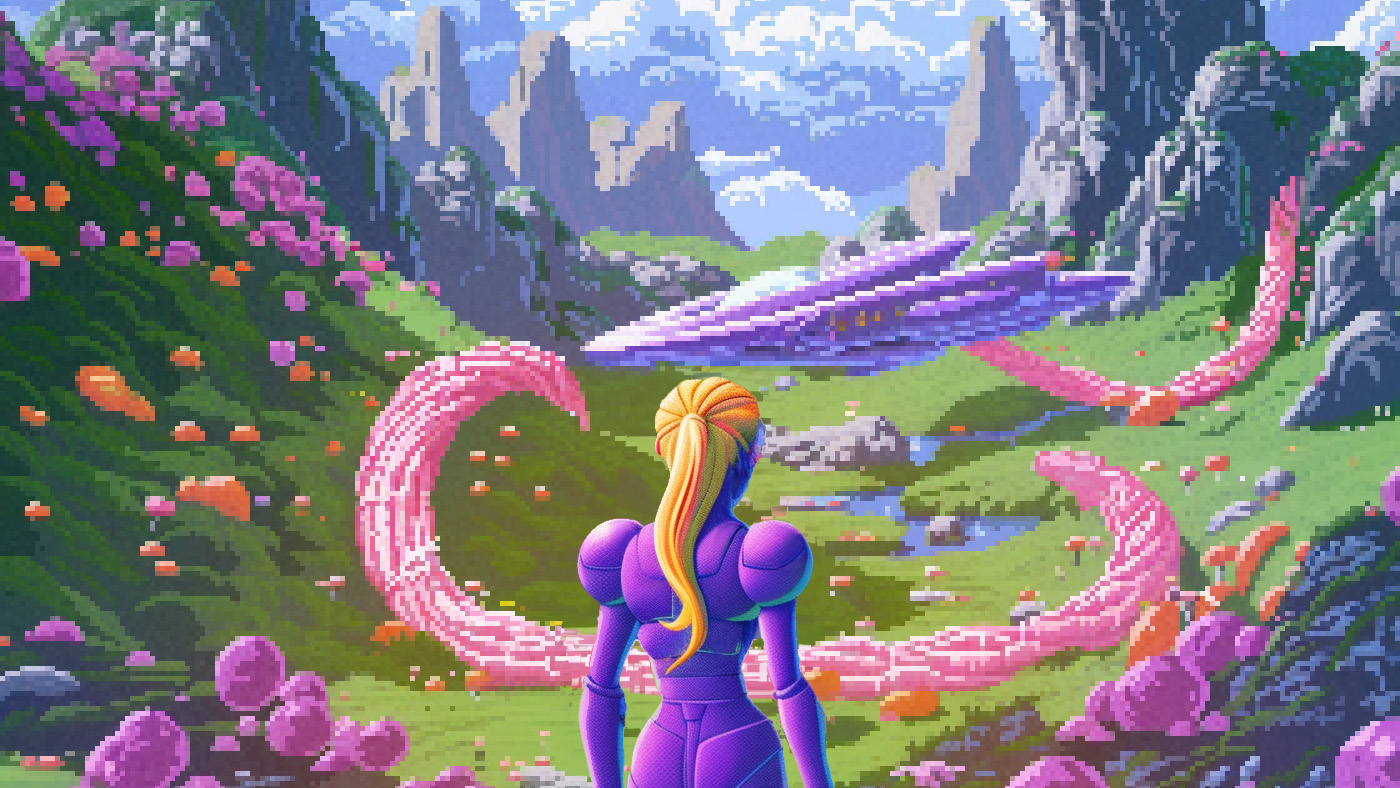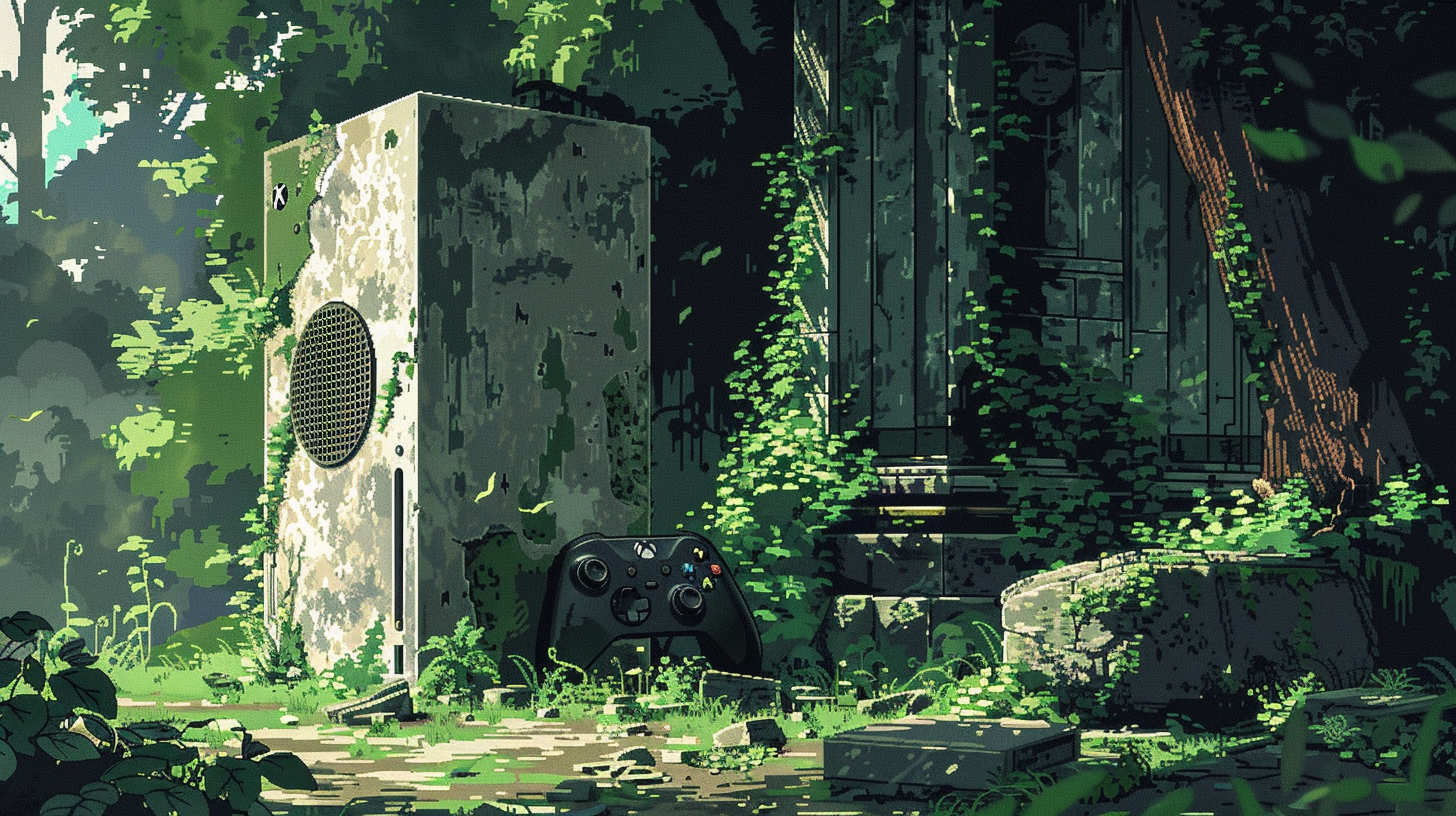“Having done most of the art forms I’d say game development is the most challenging art by any stretch of the imagination.”
A theme is emerging as I continue my exploration of game development through the Key Characters interviews: suffering. Every developer talks about the difficulty and the pain of making a game. Looking at the costs and the timelines, I don’t think they are exaggerating.
The question is why.
A discussion I had with Blocklords founder David Johansson shed some light here. Blocklords is a strategy game set in a medieval world, with a fairly heavy blockchain integration, as indicated by the name. The game has just launched in open beta – you can get it on the Epic Games Store – and it’s a high-end offering, with nice graphics and intricate resource-farming gameplay. Naturally, being a BG, it’s insanely ambitious in terms of game economy and eventual scope.
Subscribe to the Polemos weekly newsletter (you’re reading it now!)
David is an interesting guy. Of French and Swedish parentage, he grew up in Europe and moved to the US to study film. He started in the film industry in LA, where he worked as an assistant, and then moved to China for his first gaming industry experience. He saw there the money being made in mobile games, and also became heavily involved in live theater.
In 2017 he was converted to blockchain, and a year later founded a studio (MetaKing) and began working on the original Blocklords concept.
Benefits of bad treatment
“For anybody who wants a career in gaming entertainment, I recommend starting as an assistant. You learn everything as an assistant. You also get treated badly, so you become tougher.”
The Chinese experience also left its mark on him.
“I was working for a free-to-play game studio and they were doing really crazy things on the financials. It showed me how profitable and how rewarding working in games can be compared to working in film or theater.”
So the money is there, but at a price. David says he has worked in almost every art form – including music along with film, theater and writing – and because gaming combines them all, it’s the toughest.
“It’s technically challenging, it’s creatively challenging. You need great music, you need great art. You need great 3D art! People really underestimate how difficult and expensive it is to do good animation.”
“Then the narrative elements and the storytelling elements are very important. And there’s the art of game making: that’s its own set of tools and its own set of immersions. [There’s] this idea that you [the player] are in control, you create the story. You’re not just a passenger in the story like you are in most other art forms.”
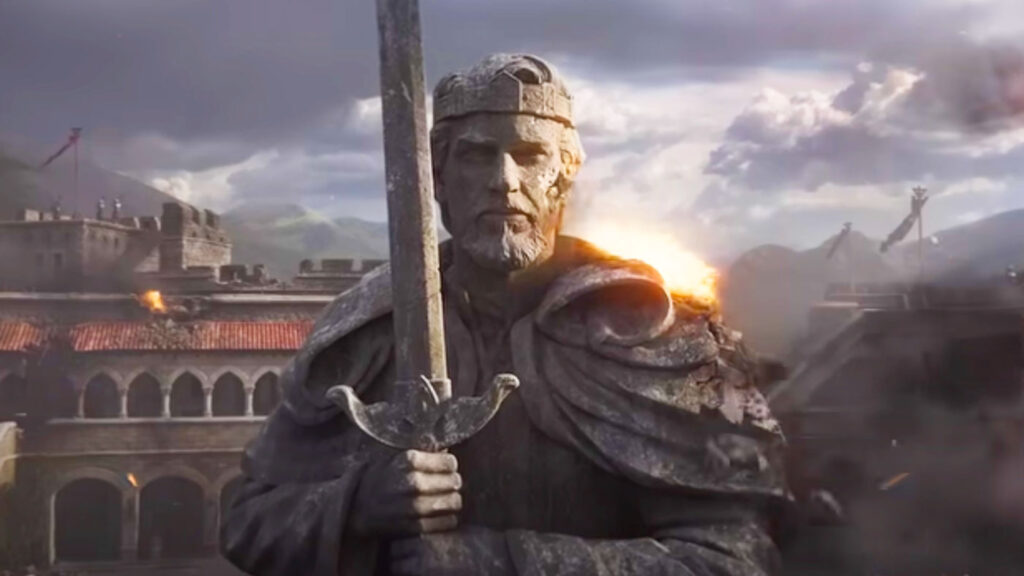
David’s film background is evident in the Blocklords trailer, which is cinematic and gripping. He tells me there are another two trailers waiting to drop at the right moments.
“The thing that I love about filmmaking are the dreams. Filmmaking is creating dreams for people to take a part of. And theater is creating live experiences, but also making theater is just so immersive. It’s so crazy when you’re in a room with someone and you just make a sound together, if you’re doing an acting workshop or something like that.”
“Making a game allows you to do the best of both theater and film. You create dreams, you create these crazy worlds that people can be a part of, and you give people control to actually act in those worlds.”
This thought from David around hooking into dreams accords with my own observations of what creates joy in gaming audiences, even when the anticipation is more pleasurable than the game itself.
We began our conversation early in the morning in Stockholm, where David lives now, and as the morning wears on, his energy grows and the difficulties recede somewhat.
“To me [gaming] is the combination of all the arts in the world and it’s beautiful.”
What about the blockchain?
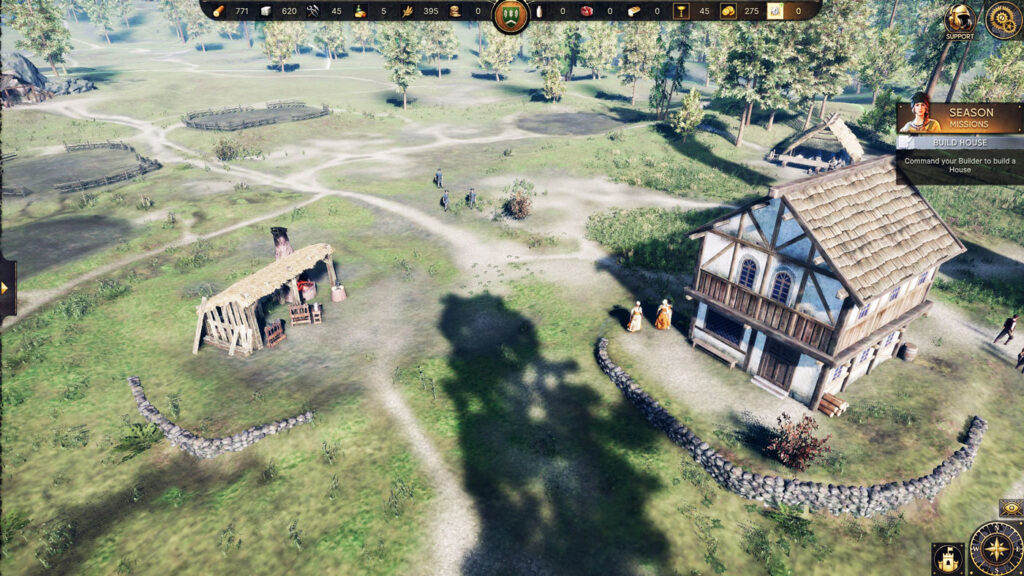
I ask David about the “flight from blockchain” evident with many BG developers. Gamer hostility to all aspects of crypto – with particularly fierce reactions to NFTs – has led many studios to stop talking about blockchain and to bury the tech deep.
“We’ve built our entire identity, our entire company and our entire project around this web3 element. So first off, I don’t think you can hide it. I think that’s a mistake that a lot of projects are doing right now: they’re just removing any mention of crypto. They’re removing any mention of NFTs. They’re trying to hide it.”
That doesn’t mean compulsory wallet sign-ins and other typical web3 experiences, however.
“You need to hide the bad user experience. You need to hide the technical clunkiness of it, and you need to remove the scary elements, you do need to remove the scammers.”
David’s ambitions are big. He talks of an expansive IP (intellectual property) environment based on Blocklords, including a Netflix show, and his user growth trajectory is steep.
“There’s the reasonable estimate, then there’s the startup founder’s estimate. I’d say 100,000 sign-ups this year as a realistic target, and then if we can keep 10,000 of them as monthly actives (MAU), or maybe 15,000 of them, that already puts us at the top of web3.”
His mid-term aim is for a million sign-ups by the end of 2024.
“If we have 100,000 active users by next year we’re flying.”
You can listen the interview with David by subscribing to Key Characters on any podcast app, or listen online here. Instructions for signing up are on this page.
Subscribe to this weekly newsletter here.

